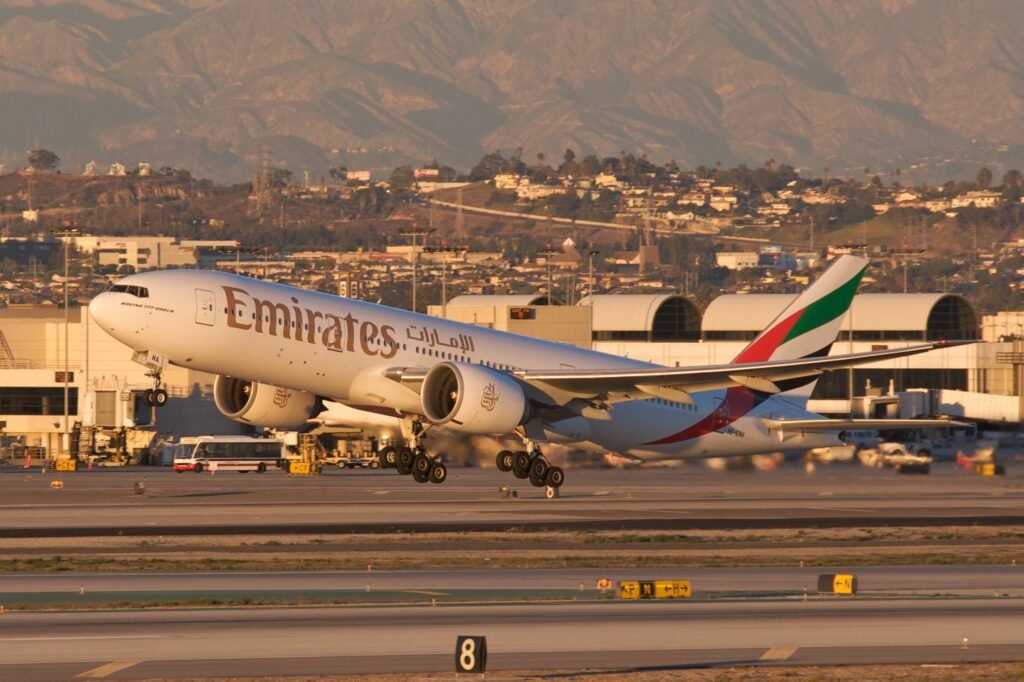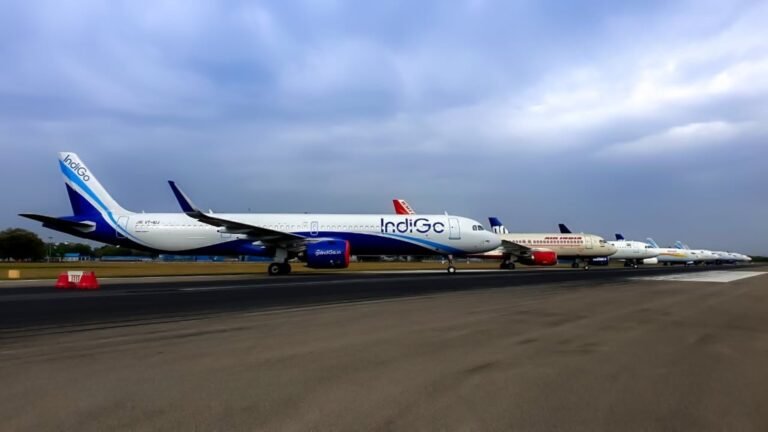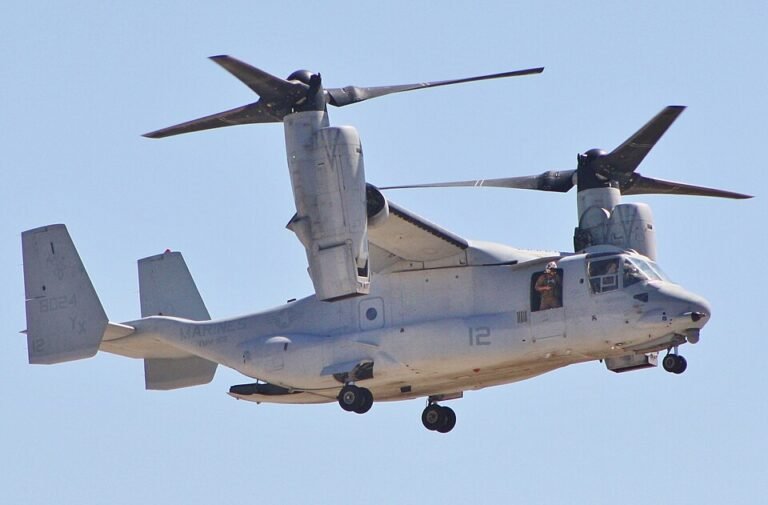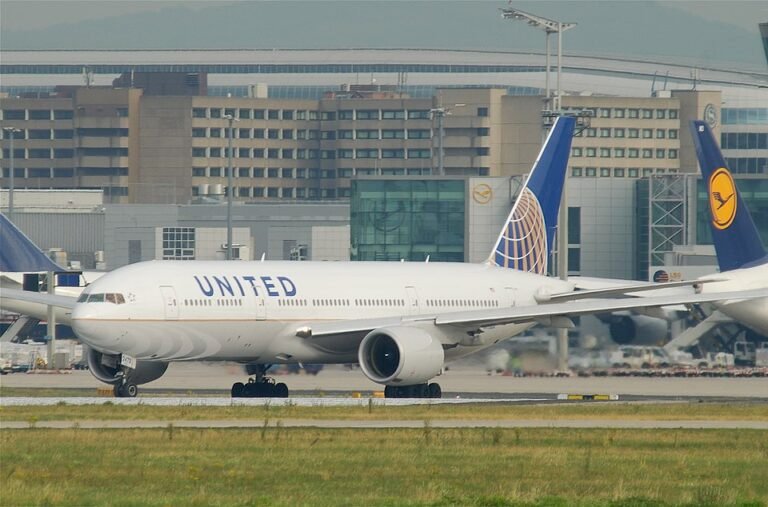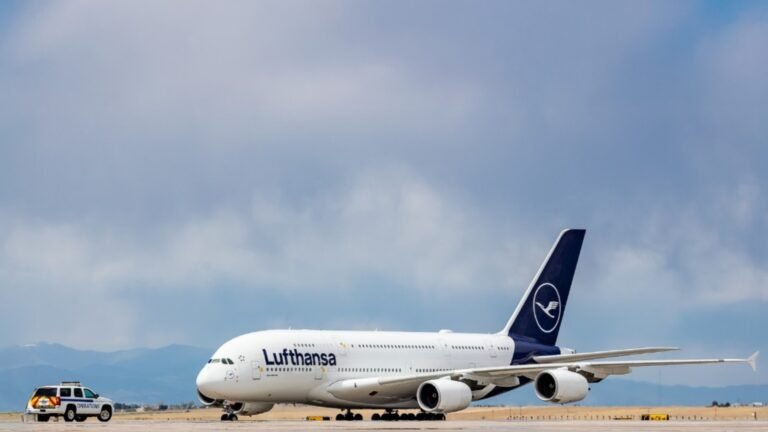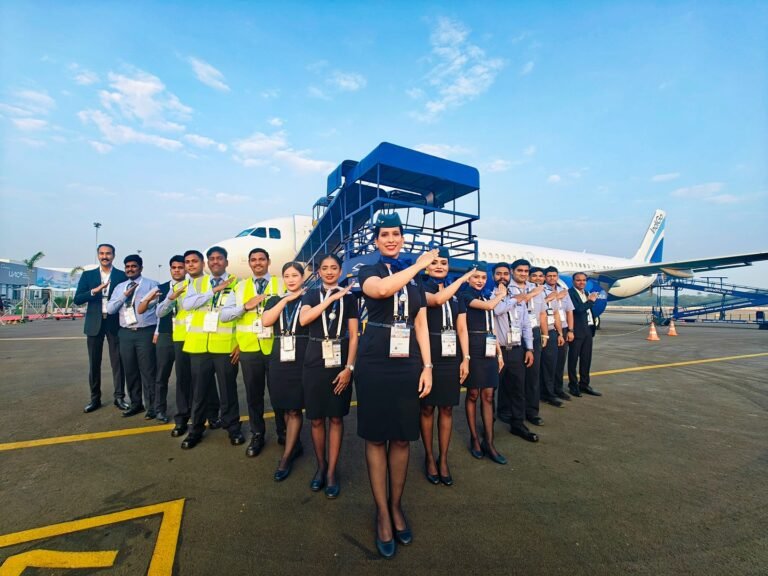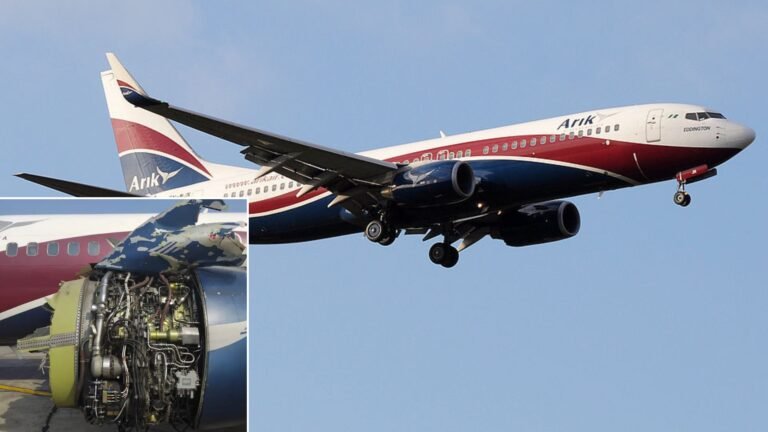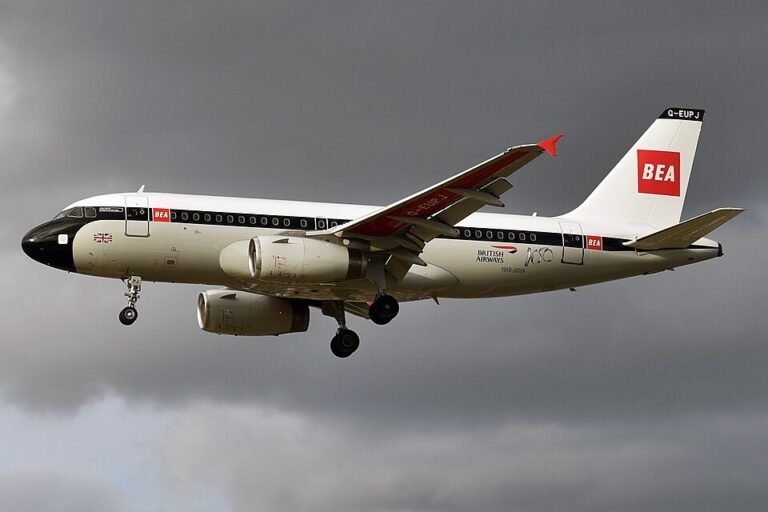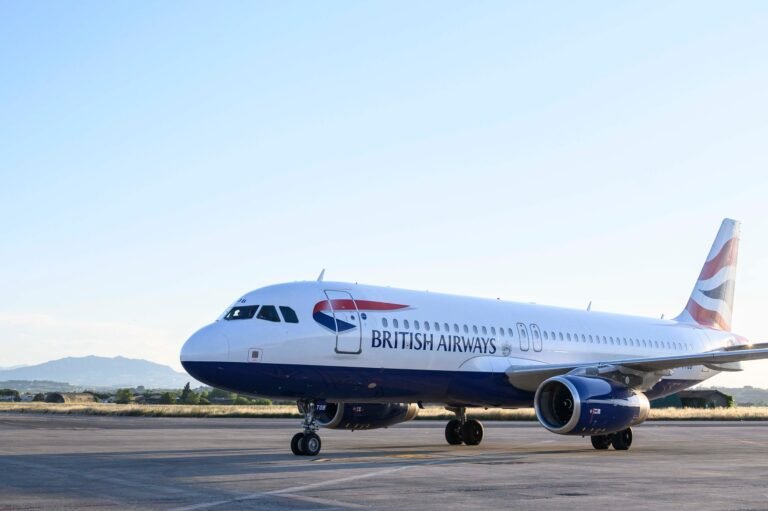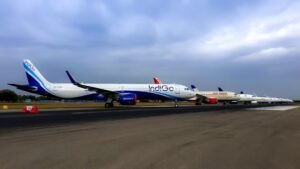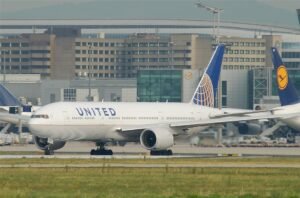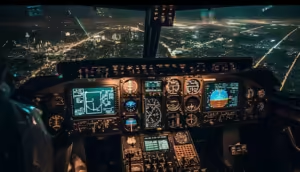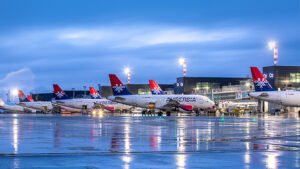Picture Credits: briYYZ, Flickr
The aviation industry is facing mounting cybersecurity threats, exposing critical vulnerabilities in both legacy infrastructure and modern digital systems. With recent cyber incidents disrupting major airlines and airports, and landmark international efforts underway to reinforce aviation security, the urgency to modernize and defend this critical sector has never been greater.
Aging Systems Struggle to Withstand Modern Cyber Threats
A comprehensive report released by the Foundation for Defense of Democracies (FDD) has underscored the growing cyber risks faced by the aviation sector due to outdated software, legacy technologies, and increasingly sophisticated cyber adversaries. The report highlights how the strain of operating commercial aviation at near full capacity is overwhelming existing systems, many of which were never designed to withstand today’s cyber threats.
Jiwon Ma, a senior policy analyst at FDD’s Center on Cyber and Policy Innovation, stressed that “we are pushing decades-old aviation systems to handle high-demand travel 24/7, and the cracks are showing.” Referencing major disruptions like the 2022 Southwest Airlines failure and the global IT outage linked to CrowdStrike in 2024, Ma noted that such incidents underline the fragility of aviation systems even without a direct cyberattack.
While the Federal Aviation Administration (FAA) has refrained from detailing its cybersecurity protocols, a spokesperson stated the agency has “a comprehensive approach” to protect the National Airspace System, working closely with both government and private sector experts.

Picture Credits: ICAO
Cyberattacks Disrupt Global and Domestic Aviation Operations
A $10 million ransomware attack on Kuala Lumpur International Airport (KLIA) in March 2024 caused major disruptions to flight information and check-in systems. While Malaysia Airports Holdings Berhad (MAHB) initially minimized the impact, Prime Minister Anwar Ibrahim confirmed the ransom demand and rejected it. This attack highlights the vulnerability of critical infrastructure in the aviation sector, as airports struggle to keep pace with evolving cyber threats. The incident follows similar cyberattacks in the region, emphasizing the need for faster recovery and stronger cybersecurity measures across Asia’s transportation networks.
Several recent incidents demonstrate how deeply cybersecurity flaws can impact aviation operations. In July 2024, Delta Air Lines was forced to cancel thousands of flights following a software failure caused by a faulty update from cybersecurity firm CrowdStrike, an incident that prompted a $500 million lawsuit. A month later, the Port of Seattle fell victim to a Rhysida ransomware attack, severely impacting services at Seattle-Tacoma International Airport and resulting in the breach of sensitive data belonging to 90,000 individuals.
Meanwhile, Boeing, a key aviation manufacturer, has also been targeted. In 2023, ransomware group LockBit demanded $200 million and leaked internal data. A year earlier, Boeing’s subsidiary Jeppesen, which provides navigation and planning tools, was hit by a cyberattack, illustrating the persistent targeting of critical aviation suppliers.
Indian Aviation Sector Faces Intensifying Cyber Onslaught
The threat landscape is particularly alarming for rapidly growing aviation markets like India. A recent study by the CyberPeace Foundation recorded a surge in brute-force cyberattacks on Indian aviation systems between June and August 2024. These attacks targeted Telnet, MySQL, HTTP, and FTP protocols and originated from multiple global sources, highlighting the international dimension of the threat.
India’s vast data holdings, aging systems, and complex supply chains create an enticing target for cybercriminals and state-sponsored actors. Despite existing cybersecurity guidelines from the Directorate General of Civil Aviation (DGCA), experts warn that consistent implementation remains a challenge across airlines, airports, and ground service providers.
The study points to vulnerabilities stemming from legacy systems, human error, and third-party vendors. It also stresses the need for stronger regulations, increased investment in cybersecurity personnel and infrastructure, better information-sharing practices, and robust incident response strategies.
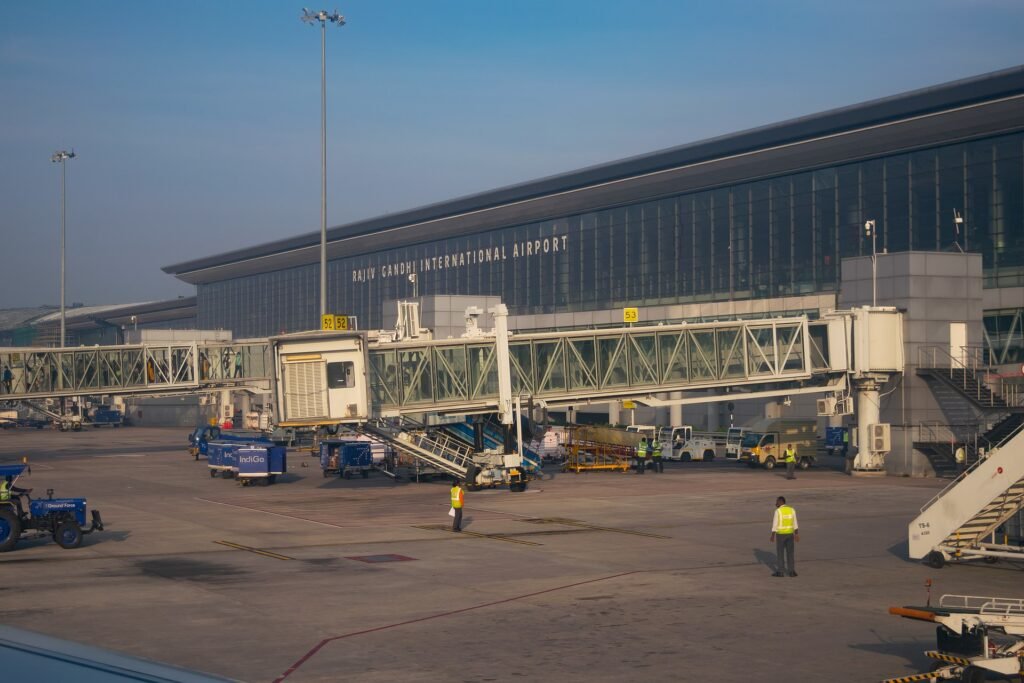
Picture Credits: Nikhil B, Wikimedia
Global Community Unites Under Landmark Muscat Declaration
In a significant step toward global aviation security, 31 ministers and high-level officials adopted the Muscat Declaration during ICAO Security Week 2024 in Oman. The declaration, a result of sustained advocacy by the International Civil Aviation Organization (ICAO), urges all nations to elevate cybersecurity to the same priority level as physical aviation security.
ICAO Council President Salvatore Sciacchitano emphasized the urgency of innovation and unity in addressing emerging threats, stating, “We must innovate and evolve to counter both new and existing threats.” The declaration promotes risk-based, outcome-focused security policies, enhanced information-sharing for threat prevention, and greater investment in professional training.
The Muscat Declaration also encourages states to ratify the 2010 Beijing Convention and Protocol and supports regional cooperation programs across Africa and the Middle East. It will serve as a guiding framework for discussions at the upcoming 42nd ICAO Assembly in 2025.
A Coordinated Call to Action
As cyber threats continue to evolve, the aviation industry stands at a critical juncture. Whether it’s safeguarding outdated domestic infrastructure, enhancing international policy collaboration, or modernizing cyber resilience strategies, stakeholders must act with urgency and coordination.
The aviation sector’s digital integrity is now just as vital as its physical safety. From major global powers to emerging aviation markets, the time to reinforce cybersecurity capabilities is not tomorrow, it is now.
Stay tuned to Aviation Today for the latest Aviation News!

